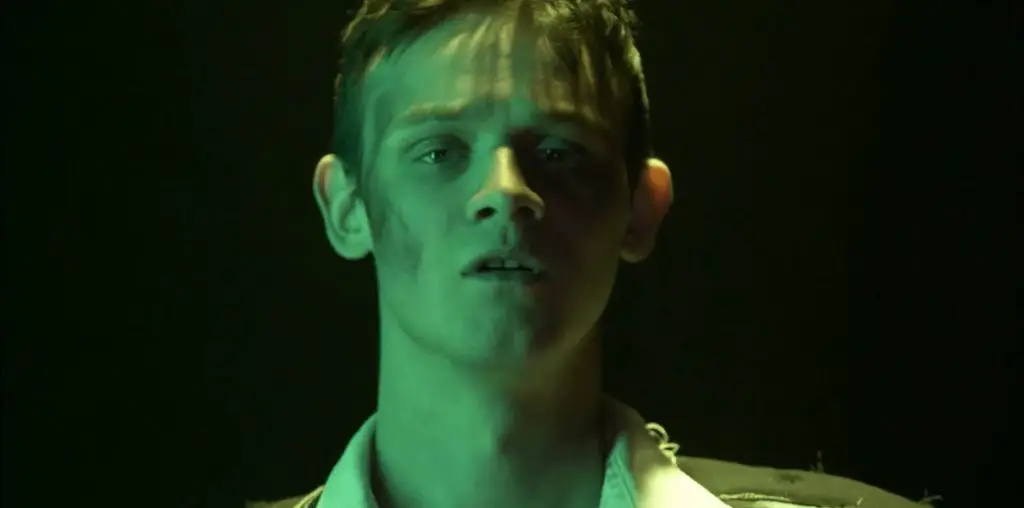
It’s difficult to pinpoint the exact moment at which Breathe In falls apart, mostly because hindsight reveals it was probably doomed all along. Drake Doremus spends the early moments of his followup to Like Crazy establishing how ideal the family unit at the center of this new effort is – music teacher Keith (Guy Pearce) and cookie jar-collecting Megan (Amy Adams, once again the MVP in an underwritten role) are first seen in the middle of a decidedly un-awkward family portrait session with daughter Lauren (Mackenzie Davis) and, just minutes later, the three happily play a game of Jenga together – so that we might be especially devastated when we later watch it literally shatter in front of our eyes. It isn’t necessarily the film’s fault that, from the moment a foreign-exchange student is even mentioned, we know exactly what we’re in store for; after spending so much time building up the Inevitable, however, Doremus fails to make anything that comes after it especially compelling.
Keith and his new 18-year-old houseguest’s obvious but unspoken attraction has the effect of making everyone around them (including the audience) deeply uncomfortable almost from the outset. The two make eyes at one another at inopportune moments, talk about their shared love of classical music, and engage in the usual will-they-or-won’t-they posturing.
For a while, Breathe In is able to mask its familiar trajectory beneath a quiet sheen of evocative camerawork and pretty-sounding piano music; once the tired plotting takes over, it goes from low-key to melodramatic in a hurry and never recovers. Light on incident but heavy on mood, the initially involving first half – which seems poised to simultaneously chronicle a man’s mid-life crisis and a girl’s coming of age – ultimately serves only to look nice and raise a question whose answer is never truly in question.
Despite being the sort of bad situation often described as a learning experience, the fallout to all this entails no real takeaway for either the characters or us. No one learns any real lesson or appears to change for either better or worse as a result of this whole ordeal, making it all feel a bit zero-sum. Like Crazy was similarly pretty but slight; Doremus has underscored both elements here, and the former isn’t nearly strong enough to offset the latter.
